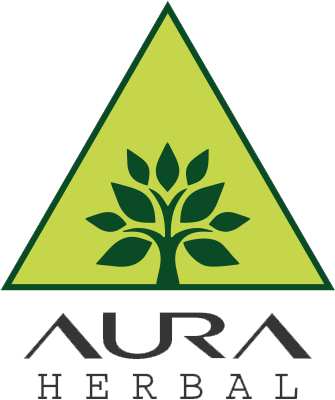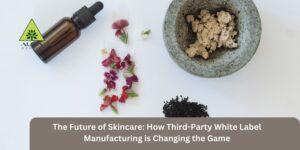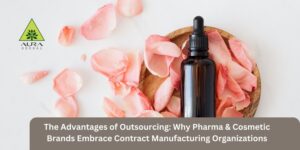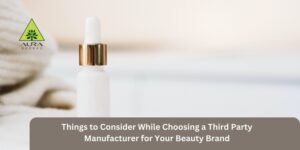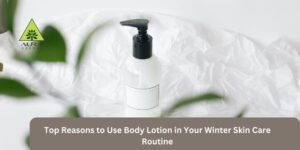In the cosmetics industry, private labelling refers to the practice of businesses making skincare or cosmetic products for other businesses to sell under their branding. In other words, private label cosmetic manufacturers produce cosmetics that are produced under them but marketed and offered for sale under the brand of a different business. Due to its many advantages, private labelling is becoming more and more popular in the cosmetics industry.
The Working of Private Labelling:
- Product Development: Private labelling begins with the creation of new products. The manufacturer creates a formula or recipe for the product, which may be created from scratch or based on an already-existing product. The mixture is then examined to see if it satisfies the required criteria for effectiveness, safety, and quality.
- Packaging: Following the completion of the product formula is the packaging phase. Custom packaging for the product is made by the manufacturer and may feature the colours, logo, and other design elements of the company. This is how the industry of private label cosmetics became famous.
- Labelling: The producer also creates unique labels for the product that list the brand, the item, the ingredients, and other pertinent details.
- Manufacturing: The manufacturer starts the manufacturing process after the packaging and labelling are finished. The item is mass-produced and packaged per the retailer’s requirements.
- Distribution: The retailer markets and sells the finished goods under their brand name after the retailer receives them from the manufacturer.

Advantages of private labelling:
- Branding: One of the private labelling’s main advantages is branding. Retailers can distinguish themselves from rivals by developing a distinctive brand identity. Retailers can build a devoted customer base and raise brand recognition by developing their brands.
- Quality Control: Retailers are also given more control over the quality of their products, thanks to private labelling. Retailers can make sure that the goods meet their requirements for quality, safety, and effectiveness by collaborating closely with the manufacturer. Private label skin care manufacturing is one of the most famous private-label cosmetic manufacturers nowadays due to its great quality.
- Faster Time-to-Market: Retailers can introduce products to the market more quickly by using private labelling. Since product development and production are the responsibility of the manufacturer, the retailer can concentrate on marketing and selling the products as soon as they are available.
- Increased Profits: Private labelling has the potential to increase retailers’ profits. They can sell the products for less and still turn a profit because they are not investing in product development and manufacturing. Revenue growth and higher profit margins may result from this.
- Customization: Private labelling enables retailers to make product changes to better suit the wants and needs of their target market. They can select the flavours, scents, and packaging that will appeal to their target market and set their products apart from those of rival companies.
In conclusion, private labelling is a common practice in the cosmetics industry that has many advantages for both private label product manufacturers and retailers. Retailers can concentrate on branding, marketing, and sales by outsourcing product development and manufacturing, which can result in higher profits and customer loyalty. On the other hand, producers can boost their income by creating goods for numerous retailers under various brand names. In the end, private labelling benefits both parties and is likely to gain more traction in the cosmetics sector.
